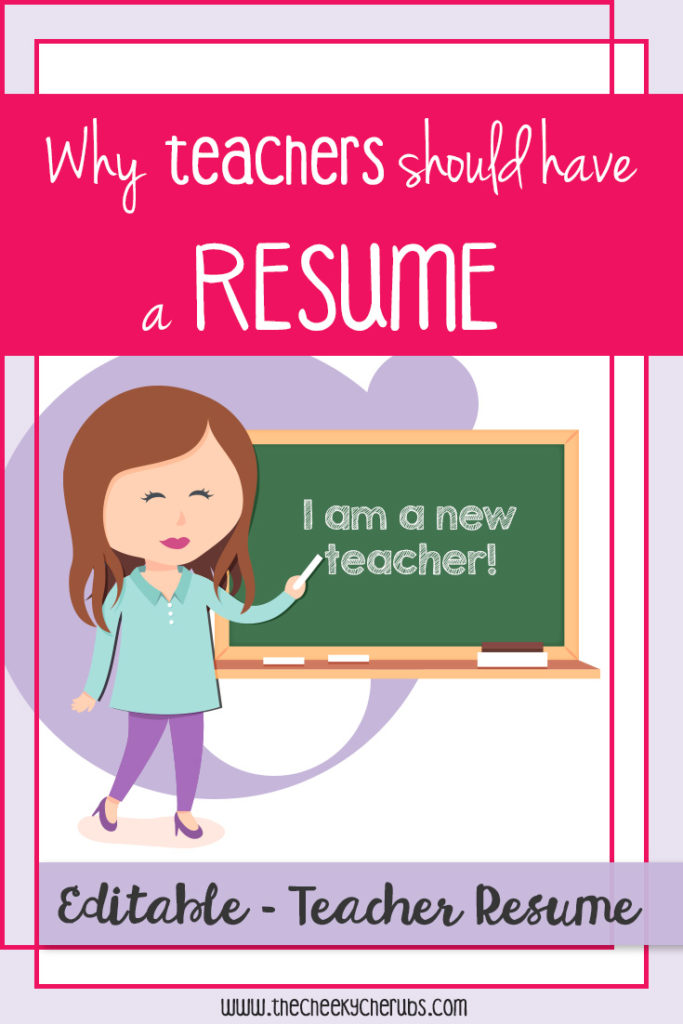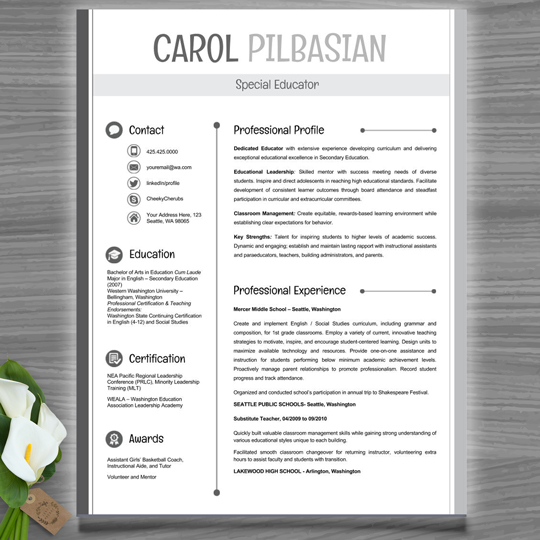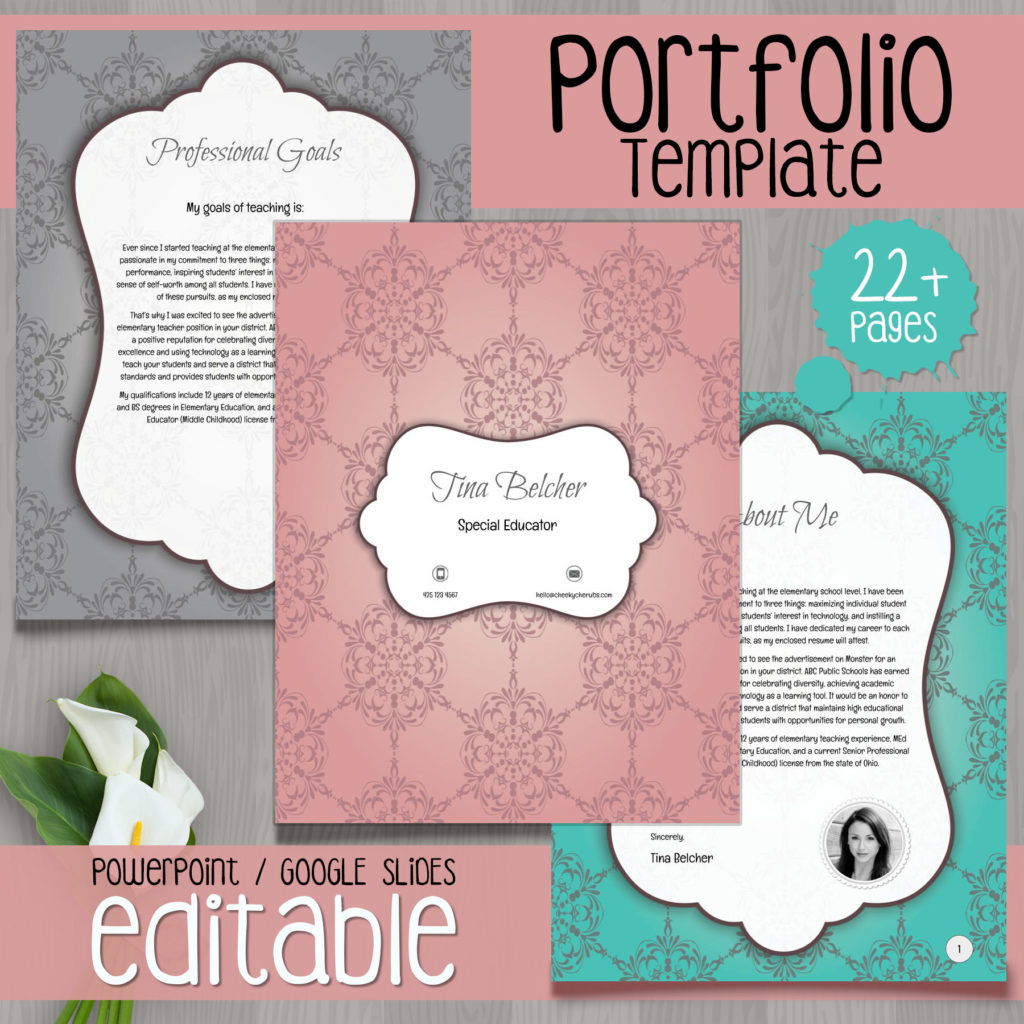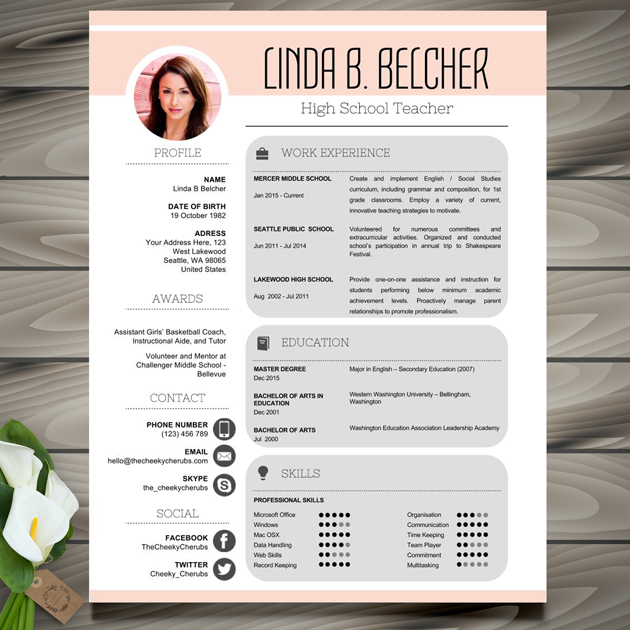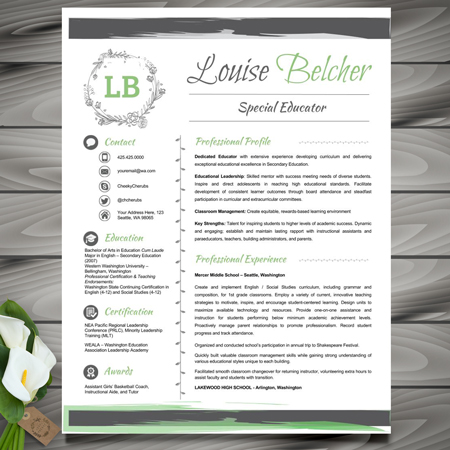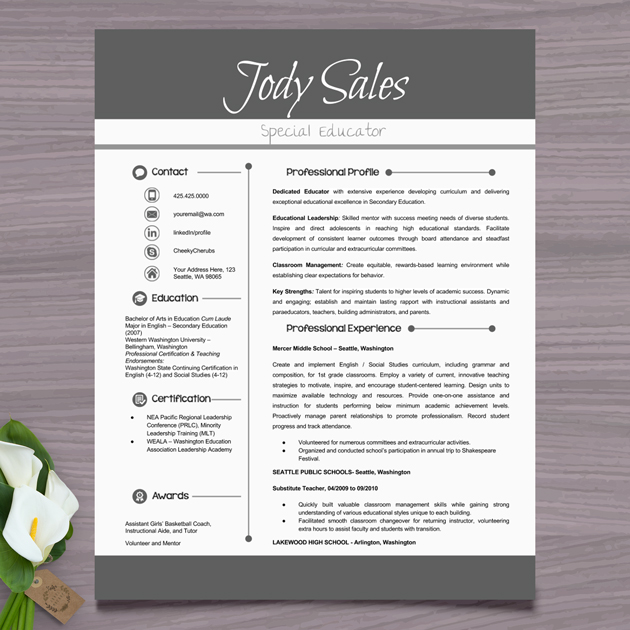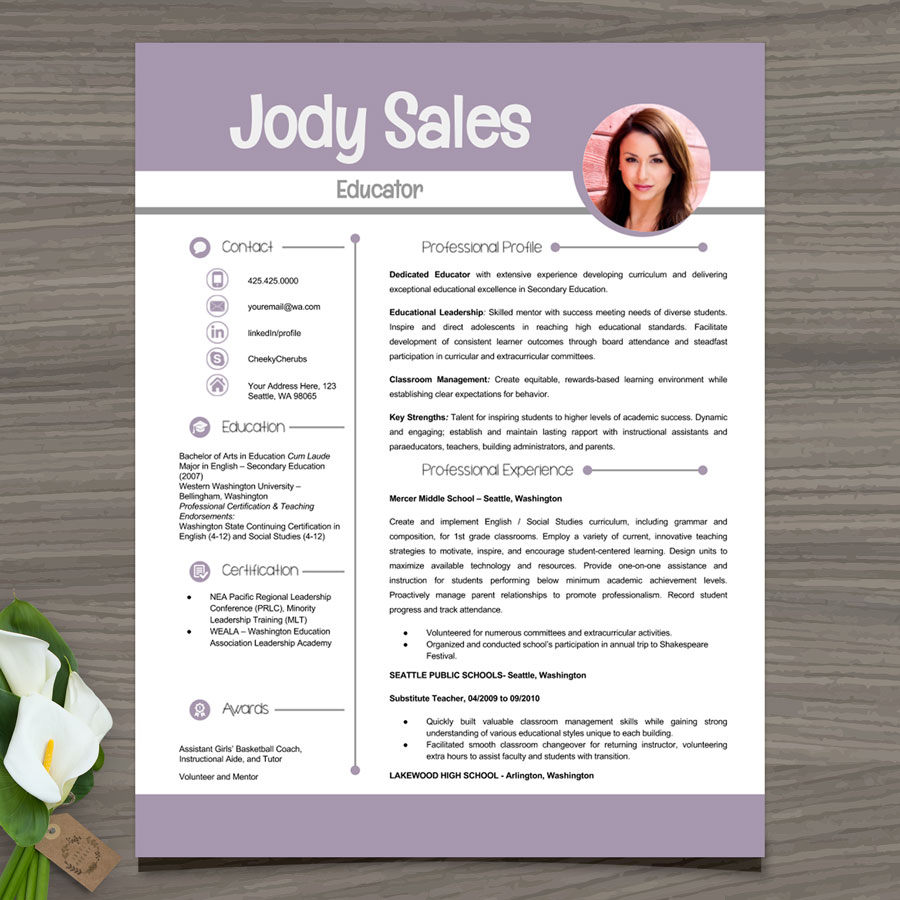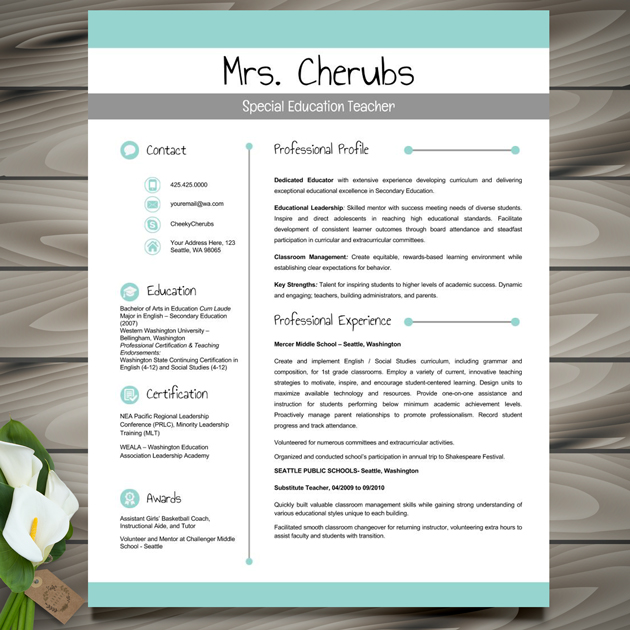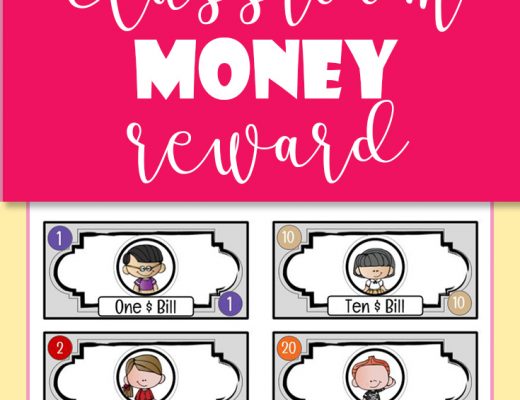“Wow, you’re a teacher! Sounds like a dream job: you get to spend your days playing with kids (or bossing them around in higher grade levels), enjoying snow days, and even get summers off!”
Right….Ha! How often have you heard innocent comments like that and thought about the misconceptions that many non-teachers have about your job? You know that your days are actually filled with lesson and assignment planning, grading, exam creating, literally corralling your students, and conversing with parents and administration. Oh, and you often get in extremely early, don’t leave before 5 p.m., and spend nights and weekends working on school-related projects (1).
Your day-to-day routines vary by the grade level and subject, but the common thread between most teachers is that the effort being put in is really focused on driving students’ success. Many teachers base their own success on how their students are progressing and growing, sometimes to a fault. Being admired by your students and watching them develop each year is certainly rewarding, but translating that into a form of review or reference can be difficult.
Local businesses, restaurants, and many service-based companies can rely on Yelp or Facebook business pages for referrals and recommendations. The positive testimonials serve as marketing for them and showcase their offerings and successes to potential customers. Unfortunately, teachers are not able to benefit from business review pages like this. That means they must create their own marketing tools to highlight their skills, experience, and value.
Sound familiar? We’re talking about a Resume!
Despite what you may have previously thought, resumes are key to landing your next job and making sure your value and worth are communicated to potential new schools. Often teachers feel that they have nothing to include other than education and experience so some think a full resume is not important or necessary. If you are one of those people, think back to all the different projects and activities you have planned, and your effort that went into those plans. What about the certain technique you have to make sure the students stay quiet while you’re starting a new chapter or the schedules you’ve planned so all grades will be in a week early? All of those skills can be translated into points on a resume. And they should be!
It is typical for business schools to teach the art of creating a resume, but many people preparing for a career as a teacher don’t always know where to start. When you sit down to create your resume, you should start by thinking about a few key things (2):
Contact Information: This may seem obvious, but make sure to include mailing address, email address, and phone number.
Education: Make sure to include the degree you’ve earned as well as areas of focus or concentrations/minors.
Teaching Jobs or Related Experience: If you are just starting to look for your first job, make sure to add your student teaching experience here. All other related experience should be included in this section, including any volunteer work and jobs that you’ve interacted with kids (nanny, camp counselor, lifeguard, etc.).
Teaching License: Here you’ll list which state you are certified to teach in, the type of teaching license you have, and the date of the license.
Professional Development: Add in any training, workshops, or seminars that you have attended.
References: This is an optional section as you will likely be asked for references if you move into further interview rounds. It can never hurt to include!
See the full teacher resume template here for additional guidance and tips!

